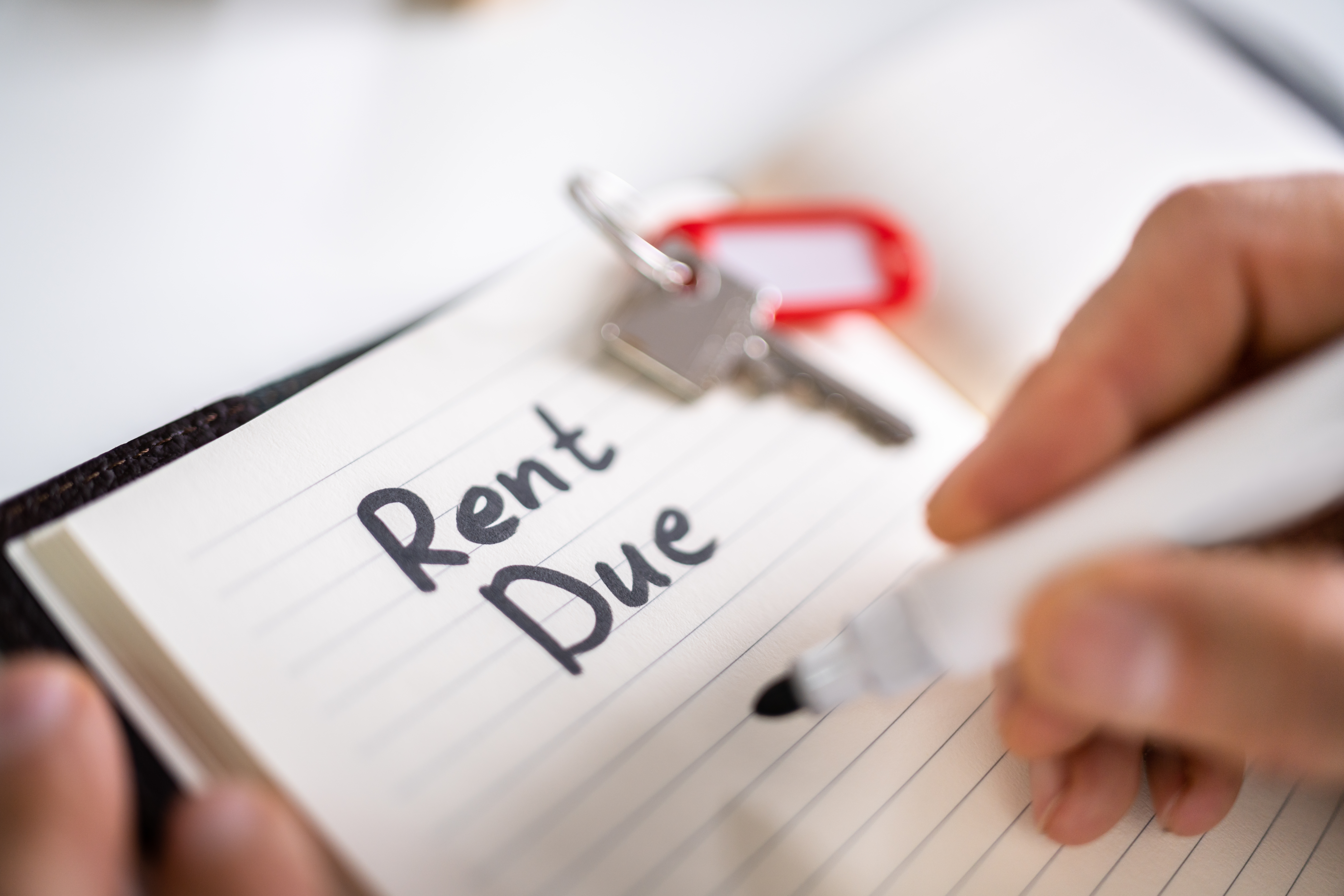
As a tenant, although it may seem unfair that you are still paying rent when a landlord hasn’t resolved a housing disrepair issue, you still have a duty, according to your tenancy agreement, to continue paying rent and it is extremely risky if you choose to stop paying rent at any point. The law regarding housing disrepair, rent arrears and grounds for eviction is extremely complex, and at all times it is important that the tenant keeps their nose clean by fulfilling their duty to pay rent. This can still result in you receiving compensation for your troubles, but only if you follow the correct procedure, and here we will explain how to do this.
What will happen if I stop paying rent?
If you have reported a housing disrepair issue to your landlord and it has not yet been resolved, this doesn’t automatically give you the right to stop paying rent. You may think the landlord is not fulfilling their part of the tenancy agreement, but unfortunately current laws state that a landlord can start possession proceedings against you if you stop paying rent, this can result in court action which could lead to you being evicted for rent arrears.
However, there are extreme circumstances in which you have legal grounds for withdrawing your rent payments, but this should only be used as a last resort. You could be legally protected when you withdraw rental payments if the housing disrepair issue has led to hazardous living conditions, or the property has become uninhabitable. However, you definitely shouldn’t withhold rental payments if the housing disrepair issue:
- Is only minor
- Has been caused by yourself and/or your own negligence
How can I give myself legal protection as a tenant during a housing disrepair issue?
It can be extremely stressful and challenging to live through a housing disrepair issue, but it is important that you deal with it in the correct way, at all times ensuring that you are fulfilling your legal duties. So when you report a housing disrepair issue to your landlord:
- Pay rent – Continue to pay your rent to ensure the landlord has no grounds to take action against you.
- Communication – Make the housing disrepair complaint in writing direct to the landlord and document all ongoing communications.
- Reasonable time – Give the landlord a reasonable amount of time to carry out the repairs, commensurate with the severity or the cost of the repairs.
- Professional advice – Make sure you get professional legal advice on how to proceed at all stages.
- Notice – If you decide to withhold rental payments, first give the landlord written notice that you intend to do so, explain why and when you intend to do this. If the repair issue is still not resolved you can then follow through with your plan.
- Retain the cash – Keep the cash you would have paid in rent to one side, so that you have it available to pay should you need to. This may prove the difference between being evicted or not, at a later stage.
- Document everything – Keep evidence of the repair issue, how it is deteriorating, how it is impacting on your life and what communications you have had with the landlord.
Action you can take if a housing disrepair issue is not resolved
Not paying your rent during a housing disrepair issue is not advisable, and could lead to court action being taken against you, resulting in eviction, costs or both. However, there are some actions you can take:
- Carry out the repairs yourself – As long as you have reported the issue to the landlord and given them a reasonable amount of time to resolve the issue, you can attempt to repair the issue yourself. Make another written communication to the landlord to remind them of the issue, and to advise that you will deal with the repair yourself if they don’t resolve it. After another reasonable period of time, obtain three quotes for the work from qualified tradespeople and send them to the landlord, giving them a last opportunity to resolve the issue. Use the lowest quote to have the work completed and then send the receipt for the work to the landlord, advising that you will take this amount off your next rental payment if the landlord doesn’t compensate you for the work.
- Negotiate a rent reduction – If there is a delay in carrying out a housing disrepair and this is starting to affect your life, i.e. discomfort or time off work, then you can negotiate a rent reduction to cover this, as a better alternative to stopping rental payments altogether.
- Start a housing disrepair claim – Contact Legal HD – the housing disrepair claim specialists – to get proper legal advice and we can help you start a housing disrepair claim if we agree you have valid grounds to do so. At all times you should continue to pay your rent, and we will seek to secure you adequate compensation for any damage, discomfort and costs incurred.
In conclusion, withholding rent during a housing disrepair dispute is extremely risky and should only be done as a last resort and having taken advice from a professional legal expert such as Legal HD. So contact our team at Legal HD today.



